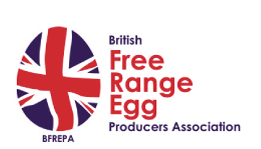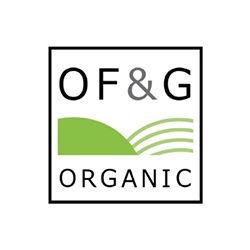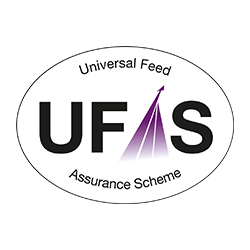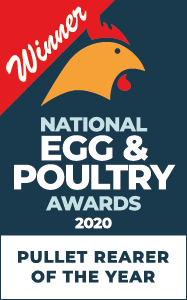Currencies
The £ has reached yearly high of $1.26 after the Bank of England suggested that they would continue to raise interest rates further. This will be the 12th consecutive rate rise in a bit to tame double digit inflation.
Wheat
Wheat started the week testing new contract lows, following corn lower, but by the end of the week had turned round, lifting £12 from its base, demonstrating the ongoing volatility in this market. There are no questions whether the grain corridor is even needed if the extension is not sanctioned after the 18th May with US wheat currently cheaper because of the volume needing to be moved prior to harvest. It is important to note though that we cannot take the continuation of lower prices for granted as if you look at the 23/24 wheat projections, these look to be just in balance, with the reduction from Ukraine, Russia and the US for this season being balanced by the exceptionally large carryout due this season, but that does not take into account any further losses or issues which could arise in the growing season.
For now though, the UK remains £10-15 away from being competitive for export which would suggest that prices could come lower still the closer we get to harvest.
Soya
Soya prices continue to move lower, again with the planting progress in the US and the Brazilian material finding its way into markets. There has been no real demand from China after their pledge to reduce soya in animal feed by 2025 so with a potential huge US crop looming, soya feels bearish long term at the moment.
Organic
Organic prices appear to have found a level at the moment which is generating new crop trade and origins are likely to be Romania and Kazakhstan this coming season.
In terms of proteins, we have seen the first example of shippers no longer carrying strategic stock and the UK effectively has run out of organic sunflower awaiting new shipments. This is temporarily driving feed prices back higher and shows as we have said before, the benefit of contracting for a 6 month period to protect from these short term supply issues.
India soya suppliers are in the process of re registering for their organic status after the EU removed all bodies from their approved organic suppliers, which meant the UK followed suit. This is likely to be August/September before we know if any are successful which means it is more than likely soya supply will switch to Chinese certainly in the short term. This means lower quality protein which could bring in some other alternative protein sources into organic diets in order to be able to balance that.
Regards,
Kay Johnson & Martin Humphrey



















